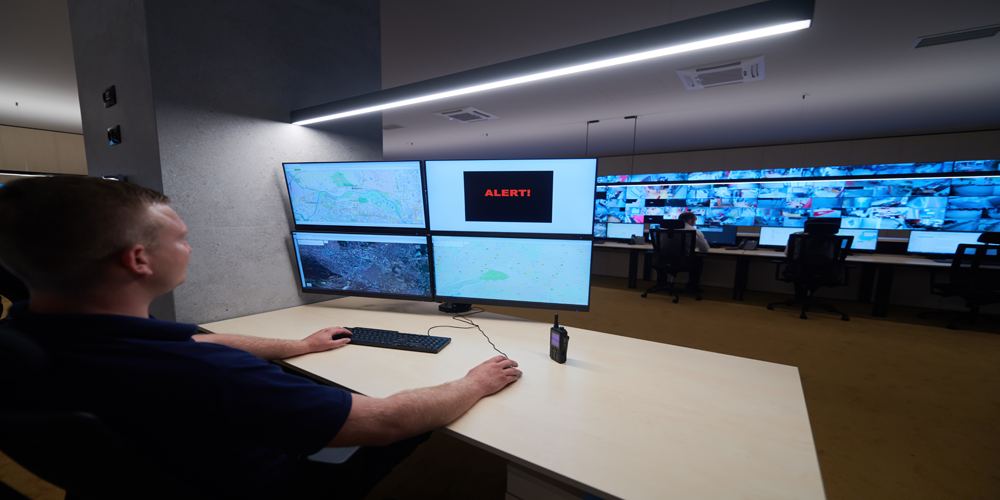Cybersecurity Teams Struggling to Keep up with Threat Levels
Cyberattacks are more common than ever, and it’s taking its toll on cybersecurity teams, a new study has claimed.
A survey from ISACA revealed over two-thrids (68%) of cybersecurity professionals say their job is more stressful than it was five years ago, which is impacting their wellbeing.
The reasons for this are pretty consistent, with the cyber security landscape changing so rapidly and becoming more complex that 40% say staff are not sufficiently trained, and 47% cite challenges with the hiring and retention process.
Threats on the rise
Unsurprisingly, almost half say that their budget is too low (45%) and a third say that cybersecurity risks are not prioritized in their organization. Although businesses themselves admit that their cybersecurity teams are understaffed (61%) – just under half have no entry-level positions open, and 38% have no open positions whatsoever.
Only just over a third (38%) of respondents felt a high degree of confidence in their team’s ability to detect and respond to cyber threats, and 41% are experiencing an increased number of attacks. The most common attack vectors were social engineering (16%), unpatched system DoS (13%), and malware (12%).
This leaves industries vulnerable, Chief Global Strategy Officer for ISACA, Chris Dimitriadis adds, “In an increasingly complex threat landscape, it is vital that, as an industry, we overcome these hurdles of underfunding and under-staffed teams.”
“Without strong, skilled teams, the security resilience of whole ecosystems is at risk – leaving critical infrastructure vulnerable.”
It’s no wonder cybersecurity teams are stressed, as not only are attacks becoming more frequent and more sophisticated, but they’re also costing more to resolve. The average data breach now costs the victim over £3.5 million, and this figure looks set to keep rising in the future.
